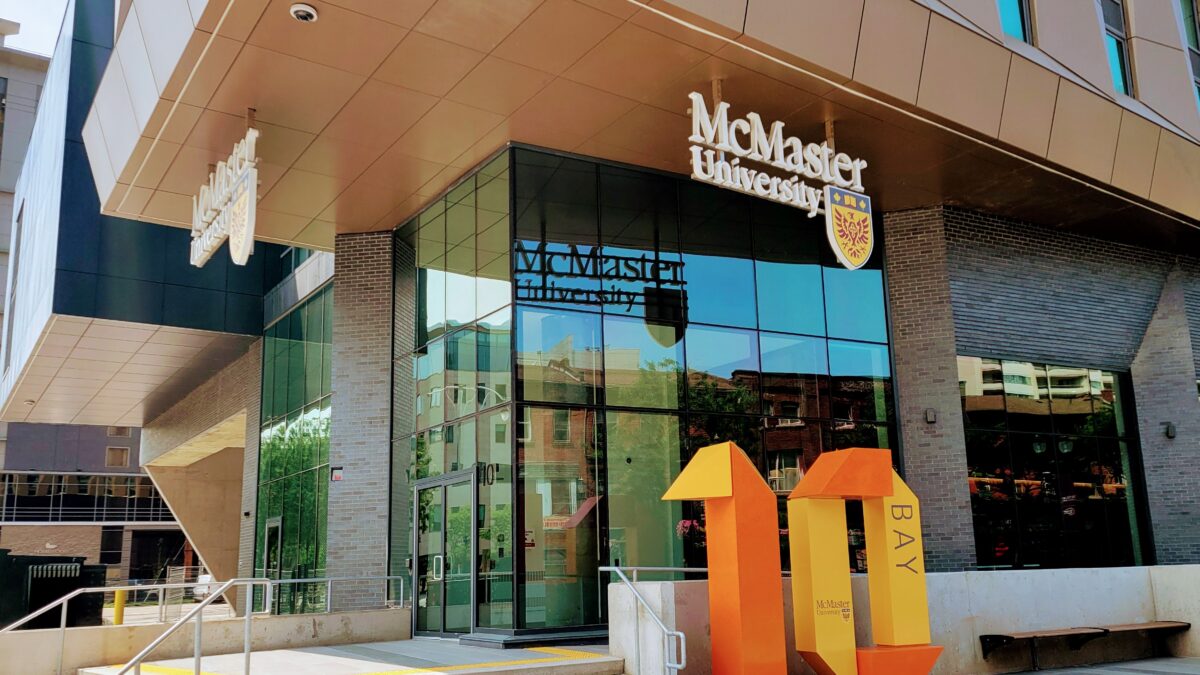Built initially as McMaster University’s first graduate student residence, the troubled 10 Bay Street South McMaster / Knightstone Capital private-public partnership building faces a vacancy crisis.
McMaster is now promoting the rentals to its undergraduate students, staff, and faculty.

At the same time that McMaster is now renting to non-students, the university continues to claim a total municipal tax exemption on the public-private partnership, with both the University and Knightstone Capital financially profiting from the arrangement.
It is time for Hamilton City Council to demand McMaster University pay property taxes for rooms rented to staff, faculty, and others who are not students.
Vacancy Crisis: Poor Living Conditions, Small Units, and High Prices
The vacancy crisis comes as original tenants move out of the building, poor reviews are posted online, and the problems plaguing the building made headlines in the past year.
Most infamously, coliform bacteria were present in the building’s water and student residents had to evacuate the building to enable the flushing of water systems after months of failed treatments.
The building’s rooms are compact, and the rent is above what graduate students will pay for similar accommodations on the private market.
McMaster and Municipal Tax
Ontario’s public universities are exempt from municipal property taxes under Section 3(1)(4) of the Assessment Act for “land owned, used and occupied solely by a university.”
[Back in 1973, the former City of Hamilton challenged the exception for on-campus student housing and loss.]
In a November 2023 report, the City of Toronto’s taxation staff explained that some universities are required by their enabling legislation to pay property tax for non-university uses of university lands.
However, the McMaster University Act contains “no specific provisions regarding exemptions or the treatment of university lands occupied by taxable entities.”
Toronto staff write they confirmed “that in the case of McMaster University, taxable portions are returned on the assessment roll and billed for taxes directly.”
Generally speaking, the few Ontario universities not explicitly required to pay municipal taxes on non-university activities have been reluctant to push their municipal tax exceptions to the extreme.
It’s time to push back – just a little bit – on McMaster’s tax sheltering of private student housing developments.
Production Details v. 1.0.0 Published: August 29, 2024 Last updated: August 29, 2024 Author: Joey Coleman Update Record v. 1.0.0 original version


McMaster should be paying taxes on all their for profit units and those rented to international students.